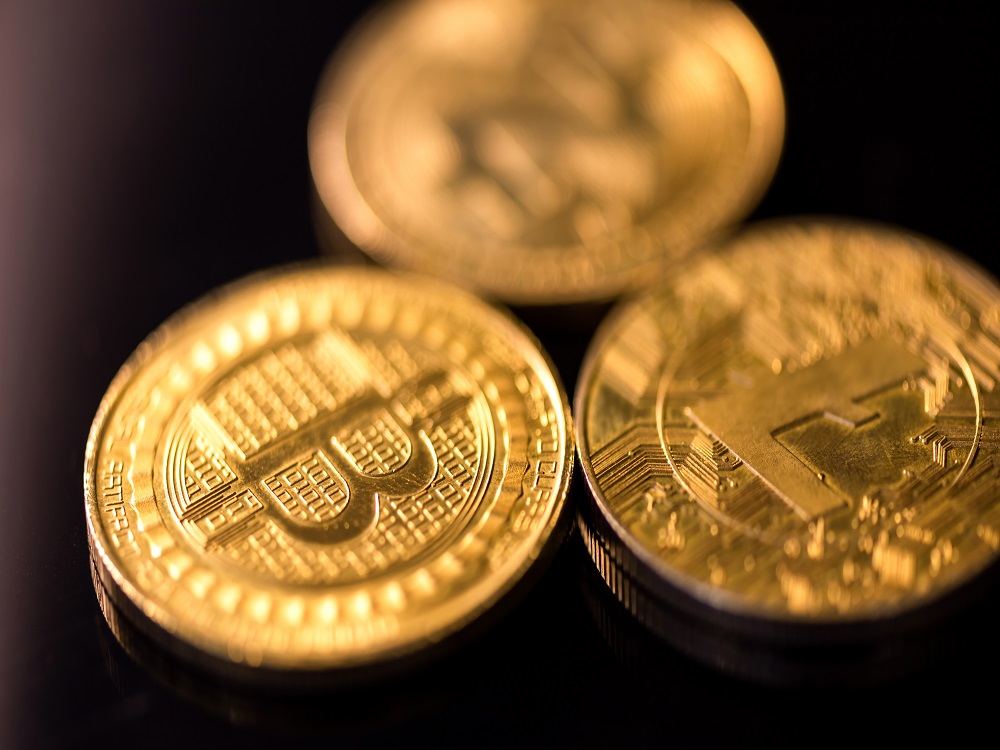
If you’ve chosen to work in the cryptocurrency industry, blockchain technology will inevitably catch your eye. All cryptocurrency transactions are recorded and processed by the community-driven, peer-to-peer native blockchain network. You might be wondering what makes the blockchain wallet development for bitcoin or another cryptocurrency so special. According to professionals, the most important feature of blockchain wallets is security.
Let’s discuss how to create a blockchain wallet, the many types of wallets, and the essential features they should have in this thread.
How to Set Up a Blockchain-Based Wallet
Each transaction in the blockchain is timestamped and stored in a distributed ledger. To record and verify transactions, each cryptocurrency relies on its own blockchain network. The blockchain stores transaction information in data blocks that include pre-hash, hash, nounce, and data values. Each transaction is checked and approved by community members known as miner nodes before it is uploaded to the blockchain ledger.
Due to the transparent and publicly verifiable nature of blockchain transactions, they can be used by anyone involved in the crypto community. Blockchain transactions are irreversible after they have been approved. Blockchain wallet transactions rely heavily on public and private keys for its cryptographic underpinnings.
Private keys are like our passwords if email addresses are like public keys. Bitcoin wallet users share public keys for sending and receiving cryptocurrency while keeping their private keys secure. The private key of the blockchain wallet is compared to the public address of the particular cryptocurrency during a transaction to confirm ownership. Both the sender’s and the recipient’s wallet balances will be updated after a cryptocurrency transaction is completed.
Create a Bitcoin wallet, or choose from the many existing ones, from the many various suppliers in the crypto market. Let’s dive further into the different blockchain wallets being created right now to store cryptocurrency.
Several Wallet Implementations for the Blockchain
The blockchain wallets available today are personalized for each user. Some cryptocurrency investors prefer to put their resources into the creation of multi-cryptocurrency wallets, while others are more interested in single-cryptocurrency solutions like bitcoin wallets.
Crypto-traders are eager to upgrade the features of their multi-currency wallets to make it simpler to make trades. In the cryptocurrency market, long-term investors choose Bitcoin, Ethereum, and Bitcoin Cash. Coin owners have a vested interest in secure cold storage solutions. Follow along as I demonstrate the many methods available for creating a Bitcoin wallet.
Software Wallets
Blockchain-based wallet apps may be accessed from any online device, including mobile phones, desktop PCs, and even cryptocurrency trading platforms. These wallets are widely used despite the ease with which they can be hacked. Online shoppers and traders that deal in cryptocurrencies sometimes use such wallets to store and swiftly spend smaller amounts of their assets. The security of desktop wallets is superior to that of mobile and web wallets, nevertheless. However, it is the exclusive responsibility of the crypto owner to protect their cryptocurrency from malicious viruses. Experts can create a backup recovery mechanism for your bitcoin if you are worried about losing your funds.
Hardware Wallets
Hardware wallets are blockchain wallet programs that can only be used with the aid of the internet and physical devices like USB drives, optical discs, and other similar storage media. Because they may be used offline after being used, these devices are the most secure way to hold digital money. Cryptocurrency owners can rest assured that their funds are safe in a hardware wallet because of the offline verification methods available.
Blockchain wallets that are only accessible via the internet and physical devices (such as USB drives or optical discs) are called “hardware wallets.” These devices are the safest way to store digital currency because they can be used both online and offline. Hardware wallets offer extra security for cryptocurrency due of their offline verification processes.
Paper Wallets
The use of paper wallets, a form of Blockchain wallet in which the public and private keys are represented by QR codes, is on the rise. A cold storage wallet like this one is the most secure choice. Cryptocurrency holders might employ the services of third parties in order to generate their own paper wallets. You may greatly increase the safety of paper wallets by using cryptography. Each time a cryptocurrency is spent, the owner must update the paper wallet with the new receiving address. The paper wallet is the least accessible Bitcoin wallet option.
It’s likely that your research on the numerous blockchain wallets has already produced fruitful results. Let me cut the Bitcoin wallet down to its fundamental functionalities so you can do refined network transactions.
What You Need to Know to Make a Blockchain Wallet
- Multi-factor authentication
- Transaction history
- Send or receive cryptocurrencies
- Multi-signature approval, if required
- Elegant UI
- Push notifications
- Prevention of duplicate transaction
- Real-time price monitoring
Prioritizing these features will ensure the highest level of security for your cryptocurrency holdings in a blockchain wallet. Finally, I’ll talk about the benefits of using a blockchain wallet.
What We Gain from Creating Blockchain Wallets
- Rapid cross-border transactions
- P2P transaction model without any intermediary
- Reduced transaction charges
- Cryptographically encrypted transactions
- Devoid of central governance, and intermediaries.
If you want to take advantage of these perks by creating specialized bitcoin or blockchain wallets, our team will incorporate all the necessary features and functions.
After what point did having a Bitcoin or cryptocurrency wallet app become mandatory?
All throughout the world right now, people are buying and selling cryptocurrencies. Businesses like this one cannot be permitted to use an unsecured network. More and more people are using blockchain wallets to store their digital assets because of the critical importance of doing so.
Ever since the Covid-19 pandemic began, the value of virtually every cryptocurrency has increased. This unexpected growth has resulted in a similar surge in wallet use, with a sustained requirement for bitcoin blockchain wallets in particular.
The fact that millions of people are using multi-cryptocurrency wallets to conduct transactions is also encouraging, as it shows that people are starting to understand the value of cryptocurrencies.
Many people are curious about the inner workings of a cryptocurrency wallet, especially the backend operation. Everything from the physical location of cryptocurrency storage and processing to the protocols implemented to ensure their safety throughout exchange is included.
What a Bitcoin Blockchain Wallet Is and How It Functions
Generally speaking, a bitcoin wallet’s foundations are “encryption” and “storage.” Each transaction is recorded in a blockchain ledger. The public and private keys are the two most crucial parts. Both the public key and the private key must be identical for the encrypted message to be decrypted.
Anyone who owns a wallet’s public and private keys can utilize the wallet. The bitcoin wallet also interacts with several blockchains to confirm the authenticity of each transaction and to make it easier to purchase and trade digital currencies.
Conclusion
It is clear that there is no bartering going on with this monetary exchange. As a result, the blockchain network contains nothing except transaction data. A middleman is unnecessary given the nature of this deal. Participants’ involvement is limited to validating the transaction; they do not have access to users’ sensitive information in any way.






